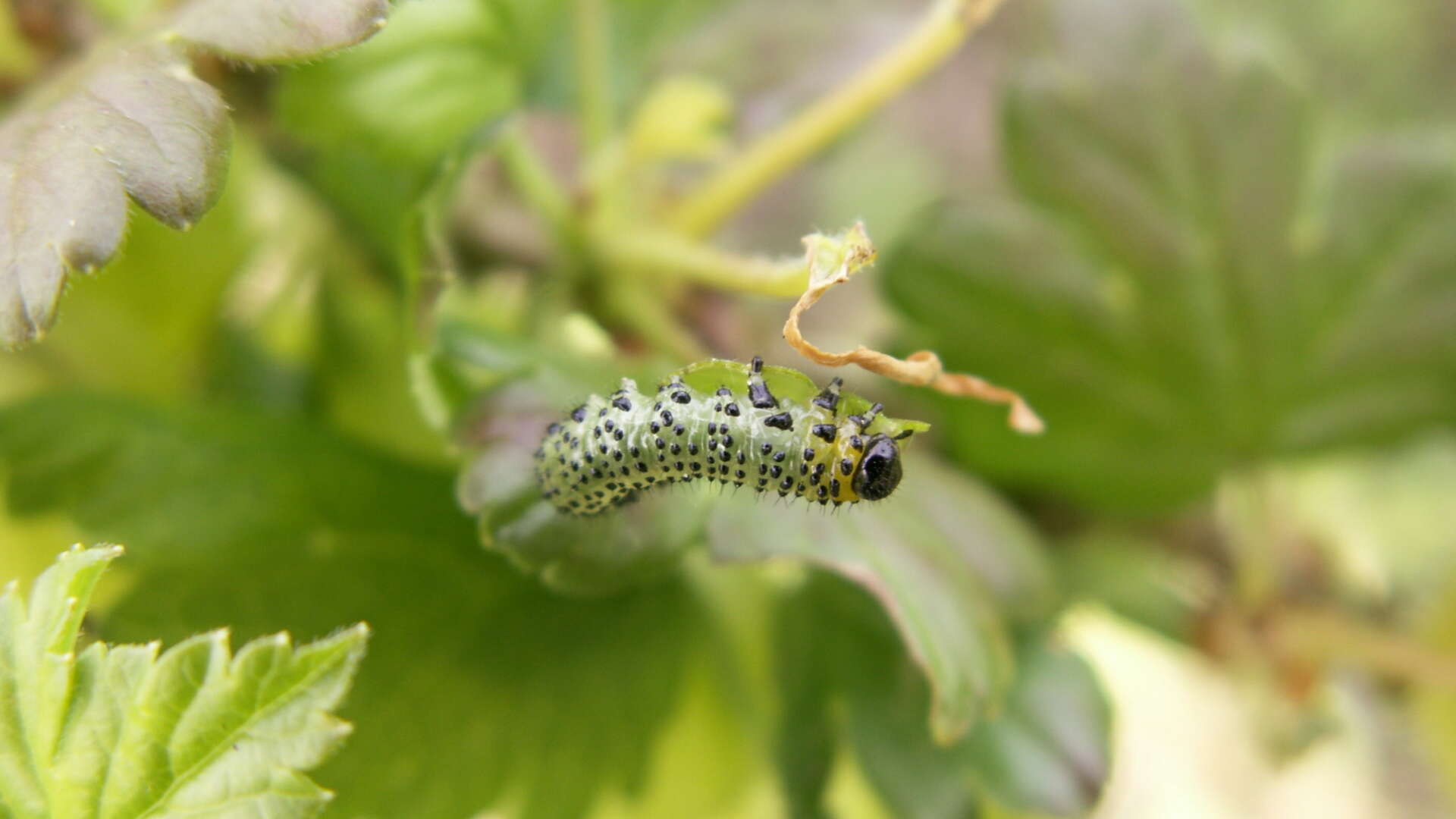Shocking facts on pesticides

Garden Organic learned that:
- Only 1% of a chemical, such as any neonicotinoid, reaches its targeted organism. The remaining 99% goes into the environment. (Dr Keith Tyrell, PAN UK)
- Although it is known that many pesticides contain endocrine disrupters (EDCs) which can seriously affect the body's hormones - leading to cancers, liver disease, infertility and other long term illnesses - the safety regulators do not investigate EDCs. (Prof Carlo Leifert, formerly of Newcastle University, Director of Organic Farming Research Centre.)
- Safety regulators also do not investigate the 'cocktails' of chemicals which are used to make nearly all pesticides, such as Roundup. They only look at single elements, such as glyphosate. Some of these added chemicals are a 1000 times more potent than the single element. (Dr Michael Antoniou, Kings College London)
- Chemicals used in pesticides affect development in children, and can cause male fertility problems (Prof Anne Marie Vinggaard, National Food Institute, Denmark)
- The current assumption underlying pesticide regulation – that chemicals pass a battery of tests in the laboratory or in field trials and are environmentally benign when they are used at industrial scales – is false. (Prof Ian Boyd, UK Gmt. Chief Scientific Advisor)
The debate was also attended by David Bench, currently Director of Chemical Regulations, Brexit. He admitted that the current regulatory system didn't just look at public safety, but also had to take into account the benefits to the chemical producers' business. The system also doesn't know how to assess additives and mixtures, or EDCs.
The final speaker, Peter Melchett, Policy Director of the Soil Association, confirmed that organic growing prevented exposure to these harmful chemicals. Not only do they affect humans and wildlife, but equally importantly they affect the soil life.
See here for further information on glyphosate and neonics, with links to all the latest research. Also, why organic food is better for you.